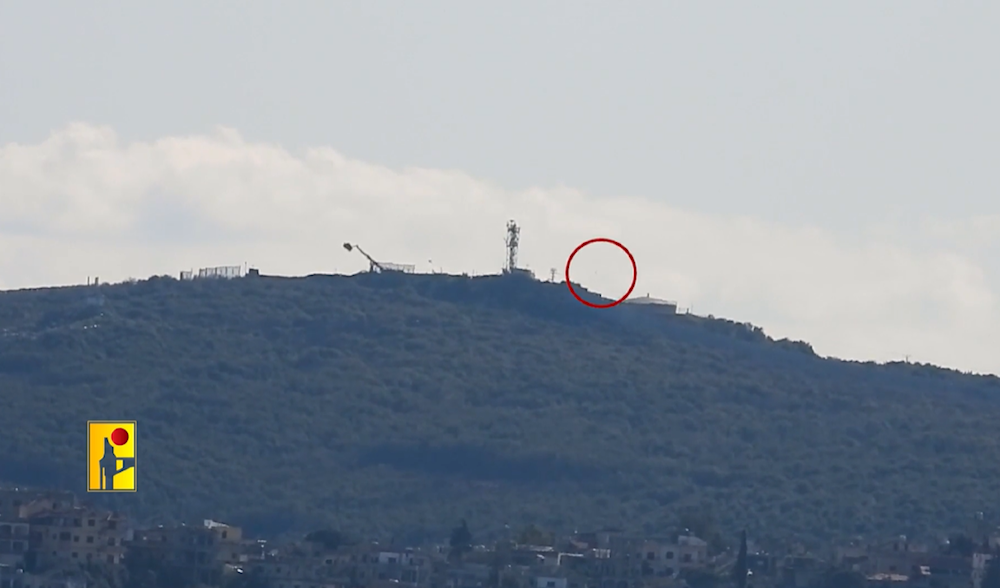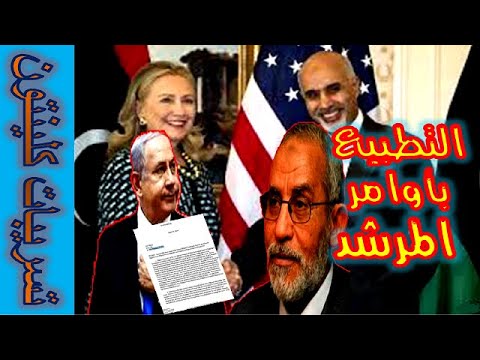
With multiple objectives in its target list, Israel’s new Netanyahu administration is becoming a key player in the ongoing Russia-Ukraine (Russia-NATO) military conflict. Israel, in other words, is far from neutral. In fact, it has many objectives, and the Netanyahu administration – which is very well connected both with Washington and Moscow – sees the ongoing conflict as a strategic opportunity. It is for this very reason that Israel not only calls the ongoing conflict a “serious violation” of international law by Russia but, at the same time, has refused to provide the Iron Dome air defence system to Ukraine for it to be used against Russia. With Netanyahu in power, Israel’s play on both sides of the conflict has become even more complicated. Israel continues to need Western support for various reasons, and it cannot afford to antagonise Russia, especially because Russia in today’s world is a major strategic player in the Middle East/West Asia, where the traditional US role and presence have changed and decreased, respectively.
Israel understands that Western sanctions on Iran have failed to prevent Tehran from enriching uranium. As media reports show, Iran is already enriching uranium at a 60 per cent level, which is a major departure from the 3.7 per cent agreed upon in the 2015 JCPOA agreement. Besides it, as a move against Western supplies of advanced weapon systems to Ukraine, Russia is considering upgrading the Iranian air defence system by possibly providing its 4th generation SU-35 fighter jets. This is not just a result of Russian Tit-for-Tat for the West’s supplies to Ukraine. In fact, this possible deal is embedded in a much wider strategic cooperation between the two countries, including that happening around Ukraine, which is now a target of US sanctions.
For Israel, this fast-developing alliance is a serious concern, as it could ultimately lead Russia to take steps to stop Israel from operating in Syrian airspace, a freedom that Jerusalem has had for many years that it has been using to target the Iran-backed militias to prevent from them from consolidating in – and opening a new front against Israel – from Syria. Israel’s supply of weapon systems, or taking a clear-cut position against Russia, could alter this balance of power between Israel and Iran in Syria. This alteration could have serious repercussions for Israeli national security. At the same time, Israel thinks that in the face of the West’s failure to check Iran’s nuclear enrichment level, it needs Russia to prevent Iran from actually acquiring a nuclear weapon.
Russia blames the US – and rightly so – for exacerbating the nuclear deal with Iran, just as it blames the US for its aggressive pursuit of NATO’s expansion to Ukraine. Russian actions vis-à-vis Iran are partly tied to the ongoing military conflict in Ukraine. Therefore, Israel thinks it is in its best interest to end this conflict as soon as possible to maintain the regional (West Asian) balance of power in its favour; hence, Israel’s proactive diplomacy led by Netanyahu who comes with plenty of international experience vis-à-vis both Washington and Moscow. His objective, however, is not simply to bring peace but to manage the situation in ways that best advance its national interests.
Most importantly – and to the utter disappointment of the US and Ukraine – Israel does not intend to do this by ending its friendship with Russia. In fact, it intends to protect it. As Michael Brodsky, the Israeli ambassador to Kyiv, reminded Washington recently in an interview with the Washington Post that Israel’s security ties to Russia create limits that cannot be overcome, adding that “No government in Israel is going to jeopardize this interest for anybody else, including the Ukrainians.”
In fact, this was clearly the message that Netanyahu gave to Vladimir Putin when the latter called to congratulate the former on his victory. Netanyahu did not forget to reiterate Israel’s core interests as well, as he said, as disclosed by Netanyahu’s office, that Israel remains determined to prevent Iran from obtaining nuclear weapons and curb Tehran’s attempts to establish military presence in Lebanon and Syria along Israel’s northern border.
The message was apparently well received in Russia, as Israel did not take too long to target the Damascus airport to test its alliance with Russia. This was encouraging enough for the new administration in Israel to start playing a proactive diplomatic role between Washington and Moscow. While the strike happened on the 2nd of January, it was on the 3rd of January that Israel’s new Foreign Minister– who spoke with his American counterpart on the 2nd of January – passed a message from Blinken to his Russian counterpart, foreign minister Lavrov. As Israeli officials have said, Israel will continue to play this role and that it will do so less publicly i.e., in a more nuanced and silent manner.
For many in the US, this is disheartening, since doing diplomacy ‘silently’ means Israel is unlikely to take any position that might threaten its ties with Moscow. It also means that Israel will not provide any advanced weapon systems – especially when Western stockpiles are depleting – to Ukraine to fight Russia.
But, for Israel, what matters is not what some policymakers in the US think, but what serves its own strategic interests in the region. With conflict in Ukraine leaving an inevitable impact on the Middle Eastern geostrategic landscape, Israel cannot afford neutrality and/or a position against Russia, but it can certainly afford to play a role that brings the conflict to an end as soon as possible and without changing the regional balance of power too much or at all.
Salman Rafi Sheikh, research-analyst of International Relations and Pakistan’s foreign and domestic affairs, exclusively for the online magazine “New Eastern Outlook.“
Related posts:
Views: 0
 RSS Feed
RSS Feed

















 January 19th, 2023
January 19th, 2023  Awake Goy
Awake Goy 





 Posted in
Posted in  Tags:
Tags: 
















